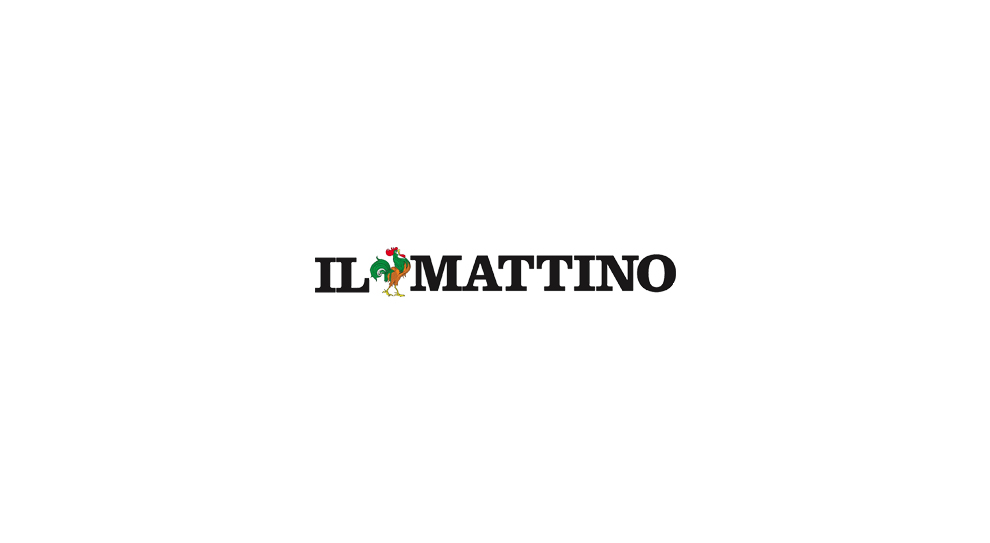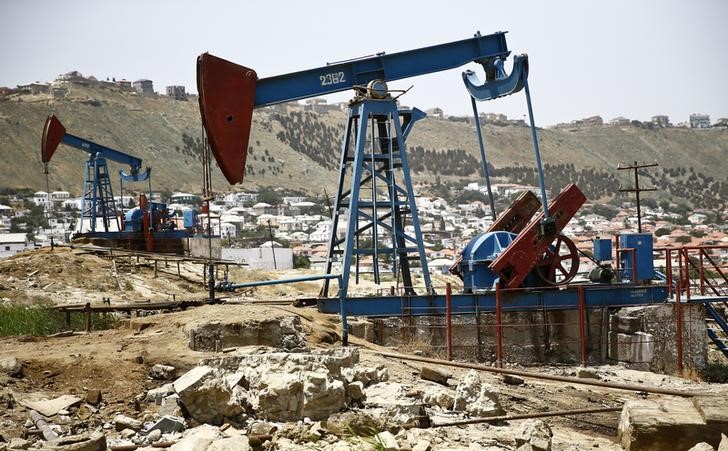Unfortunately, we must admit that, at least in the past decade, democracy has found itself in difficulty up against pGradual expansion of authoritarian regimes. the The old dream that economic progress and increased wealth would count as the triumph of democracy has faded, at least for the time being. Not only in China, but in a growing number of countries on all continents
Authoritarianism and development coexist in an unprecedented symbiosis between the strengthening of the market economy and the weakening of democracy. We will have to dwell on this topic in detail in the future. Today we prefer to confine ourselves to thinking about how the economic and political balance of power has changed over the same period of time within the democratic world, and especially between the United States and Europe.
As can be read in the scathing analysis of Gideon Rachman in the Financial Times, the European economy was, in 2008, slightly larger than the US economy ($16.2 trillion versus $14.7). In 2022, less than fifteen years later, the relationship has been brutally reversed, with 25 trillion on the American side and 19.8 on the European side, including Great Britain.
Evolution brings out the amazing difference in the ability to grow.
This difference would not be so serious if we did not witness the absolute dominance of the United States in large financing and leading technologies. All markets are dominated by American investment funds and the leading companies in new technologies (Google, Apple, Facebook, Amazon…) are also American.
Their only competitors are the Chinese, while the Europeans are just entering the top twenty global companies working in new technologies with two companies, only one of which, the Dutch company Asml, has a certain market power because it is the leading manufacturer of goods devices dedicated to the production of semiconductors. A sector considered so sensitive that ASML itself has recently been severely restricted in its trade relations with China.
However the most brutal data Europe’s decline is seen precisely in semiconductors Where, in thirty years, we have gone from 40% to less than 10% of world production.
To complete the list of this “via crucis” we just have to mention the energy sector, where European gas prices, taking into account recent cuts, are three times higher than American ones.
No wonder, then, if the European Council on Foreign Relations (ECFR) concludes that this relative decline of Europe in the economy and technology is accompanied by a growing European weakness also in the political sphere.
It is remarkable that this prestigious European “think tank”, which was and still is very strongly in favor of a close relationship with the United States, believes that NATO itself, in order to play an effective role in the future, needs a strong European backing. The current situation is simply defined as being “dependent” on us, which is not beneficial to either side.
The ECFR report goes so far as to support the thesis that Trump’s aggressiveness has at least made Europe more aware of the need for greater initiative. Today, on the contrary, an ever-increasing number of European countries are self-employed or are moving towards the purchase of American weapons, even rejecting the premise of building a European military industry.
It is true that the US defense budget is much higher than the sum of the budgets of all EU countries (in 2022 it amounted to 801 billion dollars on the US side against 325 billion on the European side), but if there were really large European commitments, a common industrial policy would significantly promote Decisive NATO itself.
On the other hand, just as when excessive disparities of political power arise, they also extend to all other areas. Therefore, the European Council arrives at the assumption that the subordination of European countries It has now become such that we must accept even the negative consequences of American economic policies without the possibility of retaliation, as happened in the field of industry.
Indeed, the incentives were paid to American domestic production (IRA) without any consultation with the Allies and without any regard for the serious negative consequences for European industry.
It is clear that these crude analyzes do not aim to widen the chasm of transatlantic relations, but to stimulate a greater European role both in the purely military field and in the economic consequences of these relations. Of course, we cannot expect the rebalancing to take place thanks to a generous American concession, and also because our weakness is due above all to the absence of our own policy. However, the fixed point is very clear: the current imbalance does not benefit both sides of the Atlantic, but rather weakens both.
Read the full article
On Il Mattino

“Prone to fits of apathy. Introvert. Award-winning internet evangelist. Extreme beer expert.”



